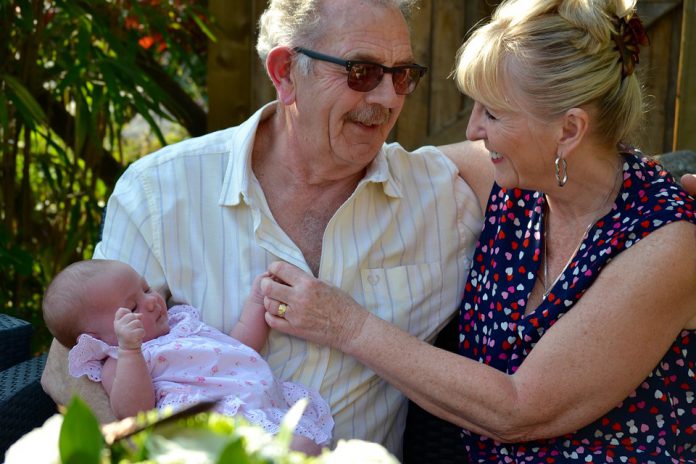“There are plenty of physical changes you go through during menopause and parenting can be difficult”
The average age for going through what can be referred to as the change is 51, but the process can start from the mid-40s to mid-50s. There are some genetic factors that will determine how early or late a woman goes through it. Since many women are also putting off having kids, this means that there could still be young children in the picture when a woman starts going through the change.
There are plenty of physical changes you go through during menopause and parenting can be difficult. This can affect how you interact with your child, so it’s important to be aware of the symptoms. There are also some ways to make talking to your children about it easier.
How Menopause Affects a Woman’s Life As a Parent

Hormonal changes that happen during this time can affect everyone around the mother. Depression, anxiety, anger, rage, crying fits, and mood swings are common and normal for mom, but that means it can also be difficult for those closest to her, such as her children. This change may also be coinciding with the onset of puberty in the kids, which means a lot more fighting and extra strain on the family.
When irritability strikes, it’s important to fend it off before you can get aggressive or passive aggressive and ruin relationships. Distract yourself with something lighthearted, since laughter can help reduce some of the irritability. If you are anxious it can also affect the relationship. When you are feeling anxious, take deep breaths. When you are feeling down, it’s much easier to focus on the negatives instead of the positive. Looking for the positives in a situation can help diffuse some tense situations.
How to Speak to Your Children about Menopause

“You can warn your children about any mood swings and let them know you are not mad with them”
Talking to your children about this time does come with challenges, but it can be done. Consider the age of your children you are talking with and leave out any information that may be too personal or inappropriate. This is a normal progression but it’s still important to note that certain aspects can be too much information.
It may be better to let teens and young adult children discover some information on their own. Stick to the basic points you want to convey and keep it simple. Depending on the age of your children, you want to speak in a way that they understand. You can add humor and use experiences to explain what is happening.
Children love stories and some added humor can lessen anxiety and put them at ease. Too much information with limited attention spans could confuse kids more. Make sure to reassure them that you are okay. It can be frightening if a child learns a parent is ill. Let them know what you are experiencing is normal and you are going to be okay.
You can warn your children about any mood swings and let them know you are not mad with them. Children may feel helpless but you can remind them how they can help you during this time. Be honest about your feelings and establish signals or code words that can be helpful.
You can tell that something as simple as quiet time can help you feel a lot better. You don’t want to burden your children or make them feel overwhelmed, so assure them that you have everything under control.
You can incorporate into your schedule out-of-town trips and fun activities to show them that while you still have some bad days, you are still capable of having fun with them.
Menopause-Friendly Activities You Can Do with Your Children
“Get the whole family involved in cooking so not only will you eat better, but your kids will as well”
Exercise is recommended during this time and you can make this fun by doing it with your child. Forms of cardio such as biking, swimming, and walking can be great activities to do with your children.
Yard work can also elevate your heart rate, so get your children involved in a garden. Gardening is not only something to do with your children but it can also help you work on your nutrition. A diet with low fat, higher protein, and little sugar can help with some of the symptoms.

Get the whole family involved in cooking so not only will you eat better, but your kids will as well. You can still enjoy many of the regular activities you are used to doing with your kids as long as you are being mindful of symptoms and take some time for yourself.
Many mothers don’t take the time they need to get some self-care in. Make time for what you like to do, which can be listening to music, writing, reading, or having lunch with friends. It’s important to do something that relaxes you to help manage some mood swings.
It’s important to remember that while it may not seem like it, this will end eventually. Since every woman is different, it can be hard to predict when it will end but it will eventually. You will get more sleep, have more energy, and be less moody at some point.
Be sure to speak with your physician about menopause and parenting anything that can be done to minimize discomfort. If your quality of life is impacted, then it may be appropriate to do something different for a few years.
Sources & References:
https://menopause.newlifeoutlook.com/explaining-menopause-to-children/
https://www.healthline.com/health/ten-best-menopause-activities#zumba
https://columbiasc.citymomsblog.com/what-to-expect-and-ways-to-cope-perimenopause/
https://www.parentmap.com/article/older-mothers-menopause-hormone-change





















